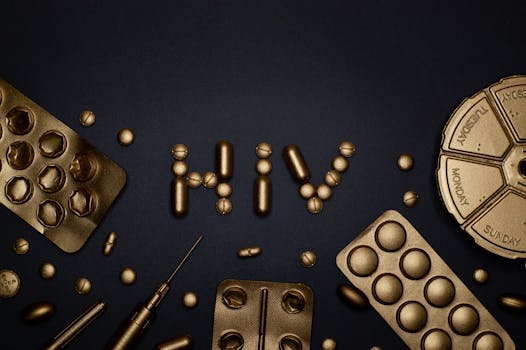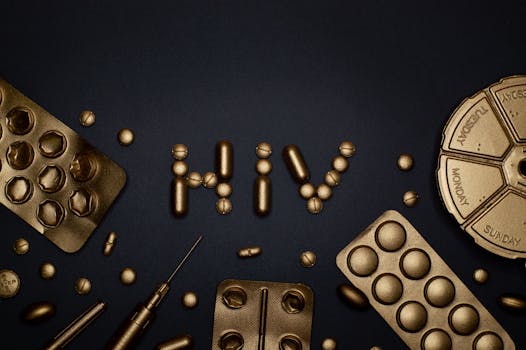
The Science Behind Vaccines and Public Health
The science behind vaccines and public health is a complex and multifaceted field that has been studied for centuries. Vaccines have been widely recognized as one of the most effective ways to prevent the spread of infectious diseases and protect public health. In this article, we will delve into the science behind vaccines and explore their impact on public health.
What are Vaccines?

Vaccines are substances that are designed to stimulate the immune system to produce a specific response to a particular disease-causing agent, such as a virus or bacteria. They typically contain a small, harmless piece of the disease-causing agent, such as a protein or sugar, which is recognized by the immune system as foreign. This recognition triggers an immune response, which helps to protect the body against future infections.
How do Vaccines Work?

Vaccines work by stimulating the immune system to produce antibodies, which are proteins that recognize and bind to specific foreign substances. These antibodies help to neutralize or remove the disease-causing agent from the body, thereby preventing infection. Vaccines can also stimulate the production of immune cells, such as T-cells and B-cells, which play a crucial role in fighting infections.
Types of Vaccines

There are several types of vaccines, including inactivated vaccines, live attenuated vaccines, and subunit vaccines. Inactivated vaccines contain a killed or inactivated form of the disease-causing agent, while live attenuated vaccines contain a weakened form of the agent. Subunit vaccines contain only a specific piece of the disease-causing agent, such as a protein or sugar.
Vaccine Development and Testing

Vaccine development and testing are rigorous and complex processes that involve several stages. The first stage involves the identification of a potential vaccine candidate, which is typically done through laboratory research. The next stage involves testing the vaccine candidate in animal models to assess its safety and efficacy. If the vaccine candidate shows promise, it is then tested in human clinical trials to further assess its safety and efficacy.
Impact of Vaccines on Public Health

Vaccines have had a profound impact on public health, saving countless lives and preventing the spread of infectious diseases. According to the World Health Organization (WHO), vaccines have prevented the deaths of an estimated 10 million people between 2010 and 2015. Vaccines have also been instrumental in controlling and eliminating many infectious diseases, such as smallpox, polio, and measles.
Challenges and Controversies Surrounding Vaccines

Despite the numerous benefits of vaccines, there are also challenges and controversies surrounding their use. One of the main challenges is vaccine hesitancy, which refers to the reluctance or refusal to vaccinate due to concerns about safety or efficacy. There are also concerns about the potential side effects of vaccines, such as allergic reactions or autoimmune disorders.
Conclusion

In conclusion, the science behind vaccines and public health is a complex and multifaceted field that has been studied for centuries. Vaccines have been widely recognized as one of the most effective ways to prevent the spread of infectious diseases and protect public health. While there are challenges and controversies surrounding their use, the benefits of vaccines far outweigh the risks. As we continue to develop new and improved vaccines, it is essential that we address these challenges and controversies to ensure that vaccines remain a vital tool in the fight against infectious diseases.



